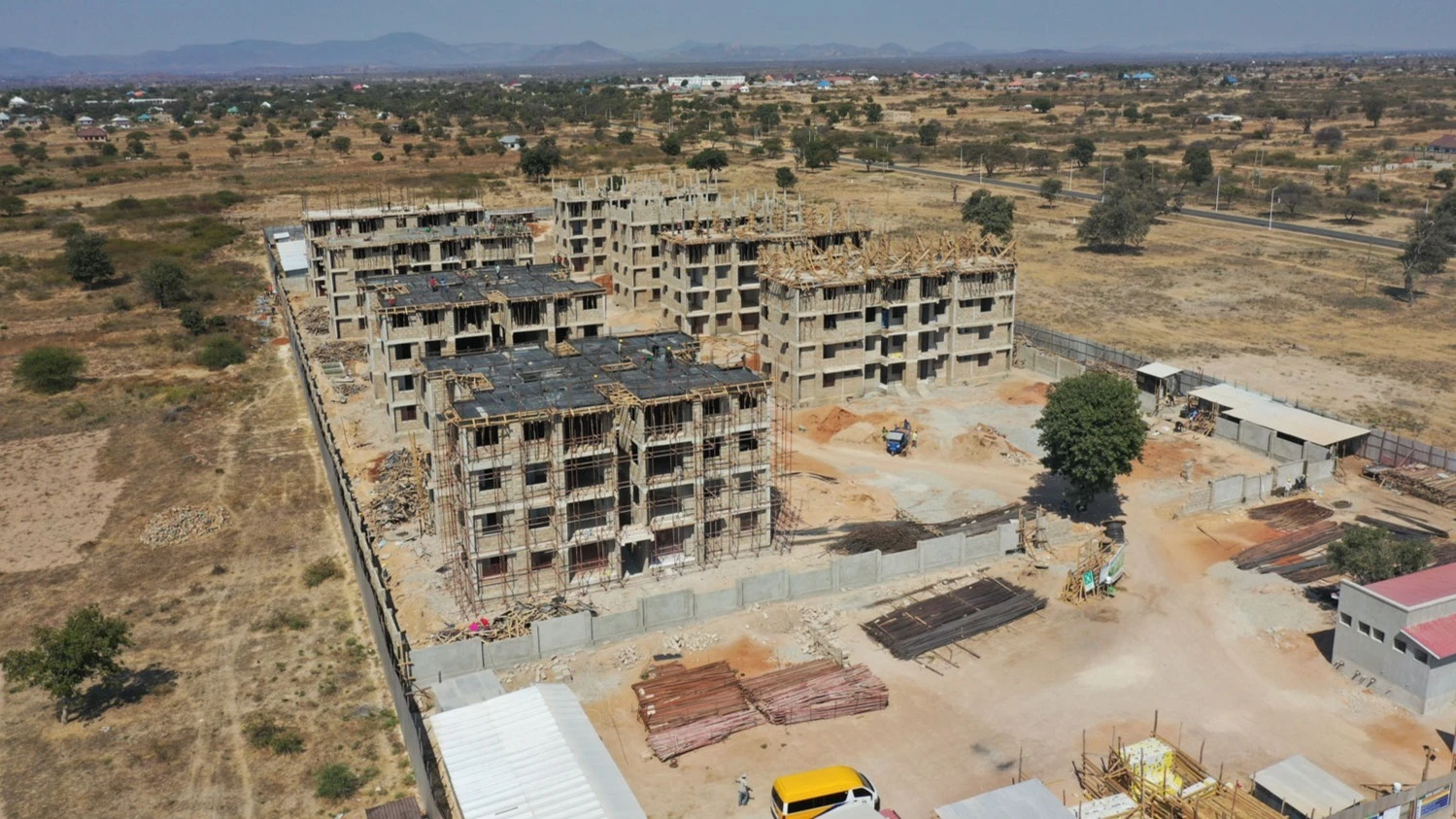NHC ought to avoid confidentiality breach clauses when not transparent

AMENDING the law to enable the instituting of tougher penalties for breaching confidentiality or obstructing National Housing Corporation (NHC) operations could easily prove bad good news for business.
People are at times break laws relating to state agencies other than for business confidentiality – and so, when a state business entity needs elements of criminal pursuit in the way its clients routinely behave, there is a problem somewhere.
The minister responsible for Lands, Housing and Human Settlements Development elucidated on this in the National Assembly only days ago when tabling a bill intended to strengthen accountability and operational efficiency, which the legislature later approved.
The NHC Act Amendment Bill, 2025, increases fines for individuals leaking confidential NHC information to 500,000/-, up from 2,000/- currently, while those providing false information now face fines ranging from 500,000/- to 2.0m/-.
If the now adopted draft law is enacted, companies involved in such offences will be liable for fines of not less than 1m/-, with a ceiling of 10m/-, or face fines plus jail terms of six to twelve months, or both.
According to a principle enshrined in national legal thinking in around 1992, when the Nyalali Commission listed 40 or so laws for vast amendment or repealing, these were ‘bad laws.’
One feature of a good law is that it ought to be easy to understand and to use such that it doesn’t leave room for unpredictable application, including victimisation or extorting bribes to facilitate favourable use of the particular piece of legislation.
Breach of confidentiality is too broad an accusation for such clause to be ‘good’. It also can affect business decisions.
For, instance if a loan promise is leaked and queries arise, the offer can be withdrawn under certain circumstances. But for the same to qualify for legal pursuits, one would need to hold the big stick, and thus one worries if this is intended merely to raise non-tax revenue via fines and ad hoc levies.
Just imagine imposing penalties on anyone obstructing NHC officials or police officers in the performance of their duties, particularly during crackdowns involving on NHC property.
Why should NHC officials need penal provisions in the conduct of their work, where they are cited just like police officers are, whereas the latter can be called in only for an emergency?
Police don’t come in to have an audience with clients on NHC business but to arrest them, and then the issues will be explained more clearly during the writing of accusation affidavits.
It is in the same context arguable if indeed there is need to excessively modernise outdated penalties, presumably to reflect the gravity of offences in today’s socio-economic environment – that is, relating to the income levels on which NHC can impose fines.
It is similarly debatable how far the Judiciary can impose penalties proportional to the harm caused, whether by individuals or corporate entities. Trouble here is that the law shall work one way as to where NHC can impose fines when it feels its prerogatives have not been met, not the converse.
Top Headlines
© 2025 IPPMEDIA.COM. ALL RIGHTS RESERVED

















